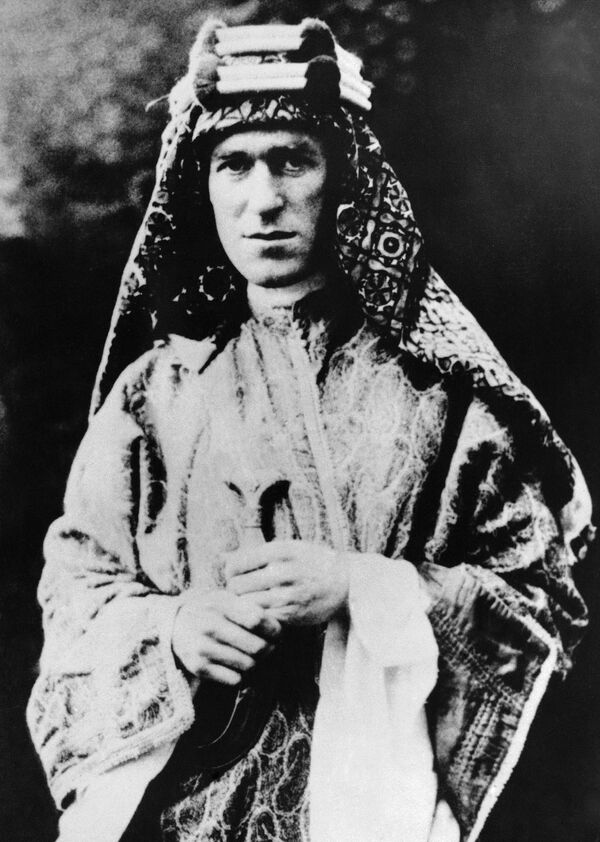Although Washington spends a pretty penny on its Foreign Service and the intelligence community, which cost $50 billion and an estimated $80 billion respectively, the services do not work effectively enough due to hidden flaws in training and doctrine, former CIA officer Philip Giraldi notes.
"To be sure, no one has invaded the United States since Pancho Villa in 1916, but every war fought after 1945 has been either unnecessary, inconclusive, or a failure while the intelligence community is repeatedly caught flat footed in terms of anticipating the moves of both competitors and enemies," Giraldi writes in his article for The American Conservative.
Referring to an interview given by the officer in charge of the CIA's Benghazi base to The Washington Post, Giraldi underscores that "part of the delay in sending off the team [to save Ambassador Stevens]… consisted of attempting to contact local Libyan militias for clarification of what was occurring as well as for armed assistance, if needed."
Giraldi calls attention to the fact that the officer spoke neither Pashto nor Arabic. According to the CIA veteran it had obviously complicated the officer's task to find out what was going on on the ground.
"…he was not an ideal choice for the position because he would be in a highly volatile environment working through an interpreter and in all likelihood the interpreter would be someone provided by the local militias or even someone who walked into the compound and who could speak good English," Giraldi emphasizes.
The crux of the problem is that the US intelligence service does not have a sufficient number of operatives and team-leaders with the knowledge of local languages and environment in the Middle East, North Africa and Central Asia.
"…one would think that after 15 years of the global war on terror someone might have figured out a solution," Giraldi notes, adding that, unfortunately, US military and intelligence officers do not rush to learn foreign tongues, since "language training is not particularly career enhancing."
"So American military officers, intelligence personnel, and even diplomats often tend to be the blind leading the blind when they arrive at an overseas post where the local language is challenging," he stresses.
In this context, The 27 Articles of T.E. Lawrence, a famous British intelligence operative who was sent to the Middle East during the First World War, comes to mind.
"Learn all you can about your Ashraf and Bedu. Get to know their families, clans and tribes, friends and enemies, wells, hills and roads. Do all this by listening and by indirect inquiry. Do not ask questions. Get to speak their dialect of Arabic, not yours," Lawrence wrote.

Indeed, T.E. Lawrence's knowledge of the Middle Eastern environment at the time, including his brilliant knowledge of Arab dialects, made him a successful military leader during the 1917 Arab revolt.
The same way Soviet case officers operated.
"Back in the old Cold War days, Soviet case officers studied foreign languages and cultures for years before arriving on post. They would even buy clothing and shoes locally to fit in visually. And they would stay on target for years, becoming over time experts on the nuances of their working environment," Giraldi narrates.
"That chicanery aside, who would be able to work better in the foreign environment, the American or the Russian? Who is more effective today?" the CIA veteran asks.
However, Washington still turns a blind eye to the problem, Giraldi notes, adding that it means the disasters like Benghazi and Khost will continue to happen.



